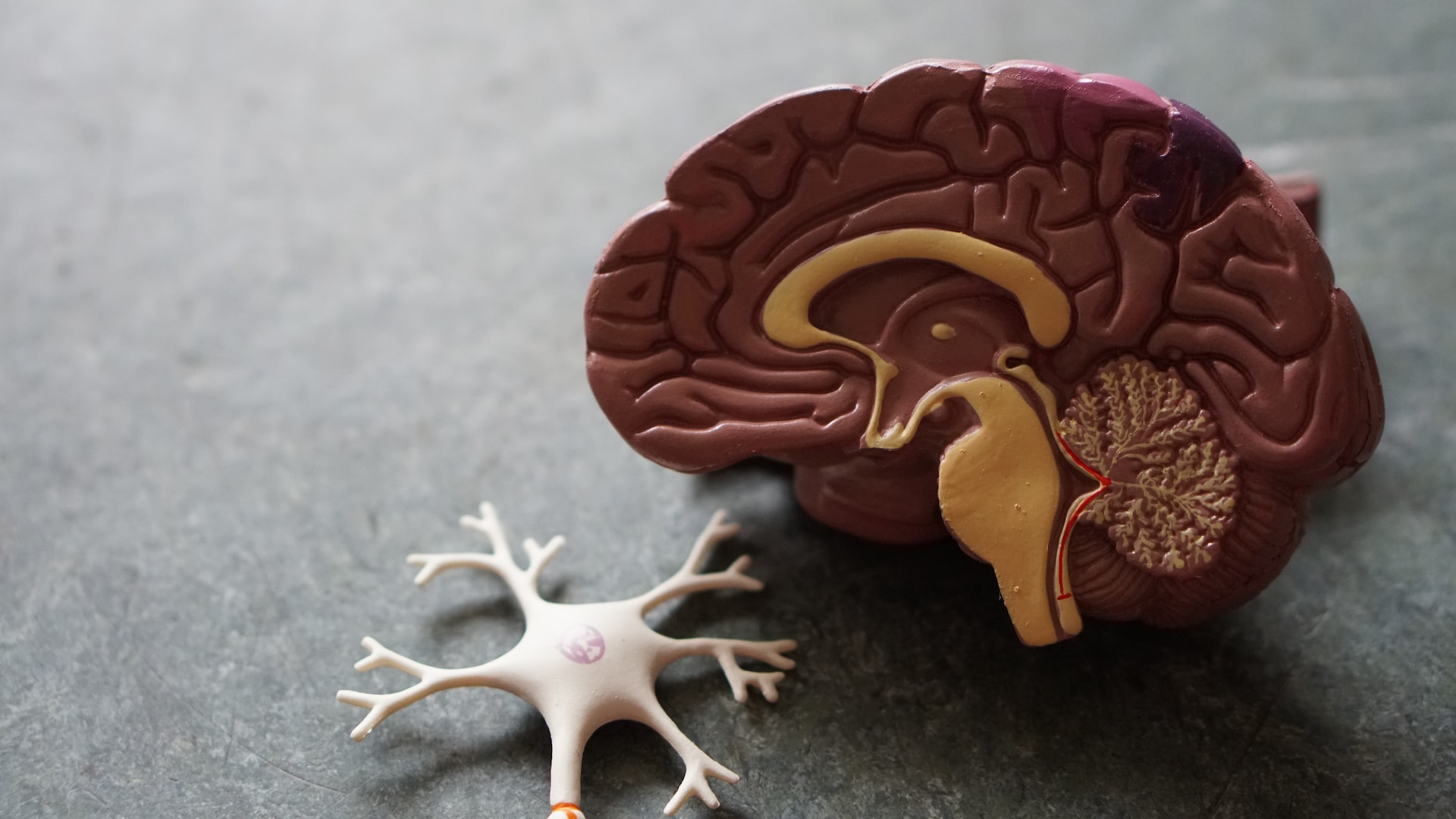Examining Arginine Deficiency and Its Role in Neuroprotection
Examining Arginine Deficiency and Its Role in Neuroprotection
Arginine is an amino acid that plays a crucial role in various bodily functions, including the production of nitric oxide (NO), a vital molecule for maintaining vascular health and neuronal function. Nitric oxide is involved in signaling pathways that affect blood flow, immune response, and neurotransmission. In the context of neuroprotection, understanding arginine deficiency is essential because it can impact the brain’s ability to protect itself against damage.
### The Role of Nitric Oxide in Neuroprotection
Nitric oxide is produced from arginine through the action of nitric oxide synthase (NOS) enzymes. It acts as a signaling molecule in the brain, influencing synaptic plasticity, which is crucial for learning and memory. Nitric oxide also helps regulate blood flow to the brain, ensuring that neurons receive adequate oxygen and nutrients. In conditions where nitric oxide production is impaired, such as in arginine deficiency, the brain may suffer from reduced blood flow and impaired synaptic function.
### Arginine Deficiency and Neurological Disorders
Arginine deficiency can lead to reduced nitric oxide production, which may contribute to various neurological disorders. For instance, in vascular dementia, reduced nitric oxide bioavailability is associated with endothelial dysfunction and impaired synaptic plasticity. This can result in cognitive decline and memory loss. Similarly, in other neurodegenerative diseases like Alzheimer’s, impaired nitric oxide signaling may exacerbate synaptic dysfunction.
### Mechanisms of Neuroprotection
Nitric oxide exerts neuroprotective effects through several mechanisms. It enhances blood flow to the brain, reducing the risk of ischemic damage. Additionally, nitric oxide can modulate inflammatory responses and oxidative stress, both of which are harmful to neurons. However, excessive nitric oxide production, often seen in inflammatory conditions, can be neurotoxic, highlighting the need for a balanced level of nitric oxide in the brain.
### Therapeutic Potential
Understanding the role of arginine and nitric oxide in neuroprotection offers potential therapeutic strategies for neurological disorders. Enhancing arginine availability or targeting the nitric oxide signaling pathway could help restore normal nitric oxide levels, thereby improving synaptic function and reducing neuroinflammation. This approach may provide novel treatments for conditions like vascular dementia and other neurodegenerative diseases.
In conclusion, arginine deficiency can have significant implications for neuroprotection due to its role in nitric oxide production. Maintaining adequate arginine levels is crucial for ensuring proper nitric oxide signaling, which is essential for brain health and function. Further research into the mechanisms of arginine and nitric oxide in neuroprotection may lead to innovative treatments for neurological disorders.





